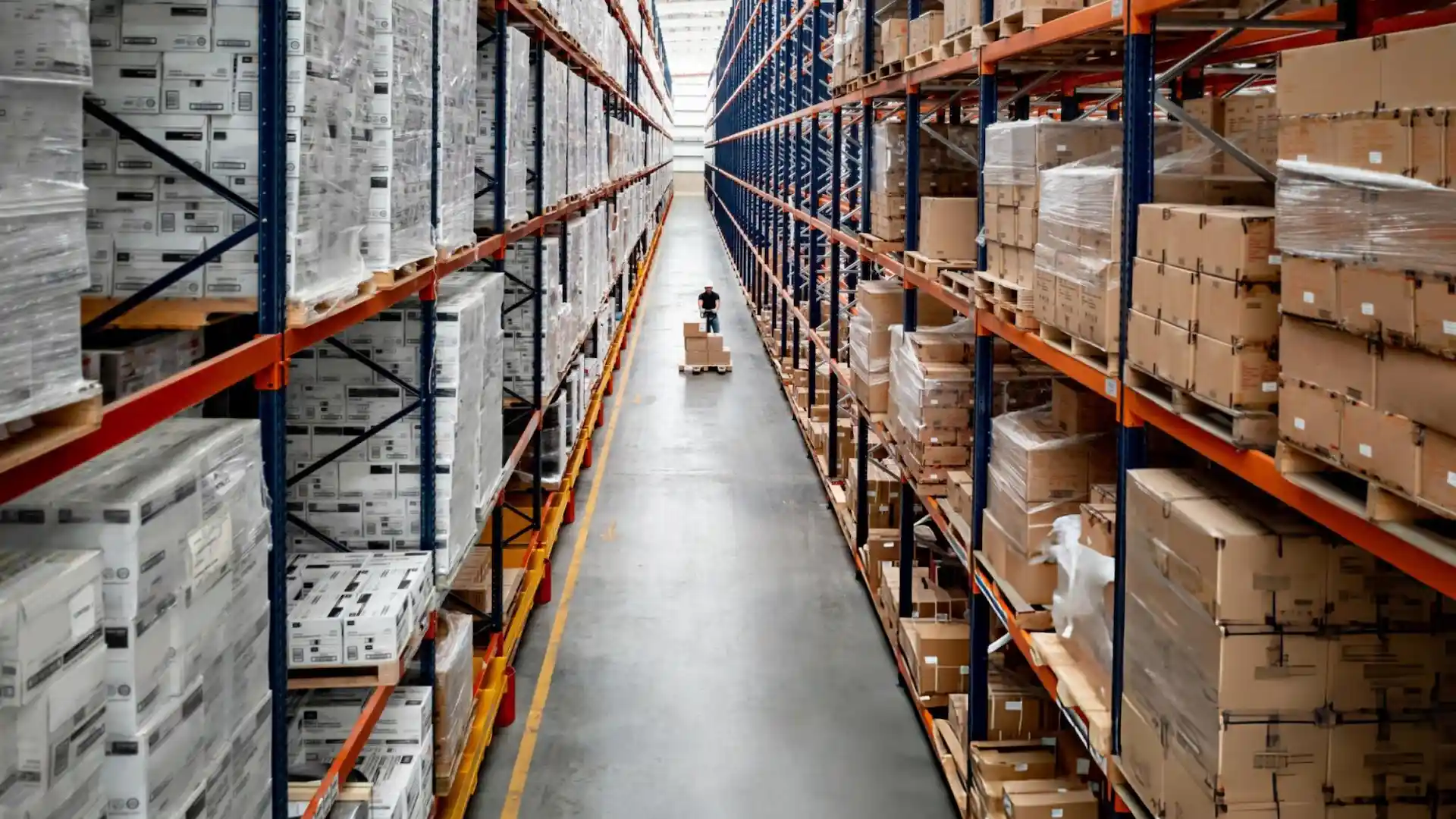Rethinking Returns: Turning Reverse Logistics into a Business Advantage
.webp)
Returns in the logistics industry have often been perceived as a misnomer, resembling a loss leader that one must simply accept and manage. Austin Kreinz, the founder and CEO of Atomix Logistics, sheds light on this perspective from the lens of a third-party logistics (3PL) provider. In a recent conversation with Two Boxes, he shared insights into the challenges faced by logistics companies, emphasizing the need for innovative solutions.
"A general kind of misnomer from a 3PL is that returns are like a loss leader and you just have to kind of deal with it.”
Austin Kreinz, Founder & CEO of Atomix
Austin Kreinz and Two Boxes echo a shared philosophy regarding returns. Instead of accepting returns as an unavoidable cost, they contemplate how returns can become a differentiator for their business models. The central question they ponder is how to create both in-depth and scalable processes that contribute to the profitability of their operations.
"How can we have returns be a differentiator for our business model and how can we really create both in depth and scalable, and profitable processes?"
The challenge that Austin addresses is the diverse nature of brands and their unique needs. Different brands have different requirements, leading to the question of how to navigate the ten steps involved when handling returns as soon as a shipment arrives at their facilities.
"So when I talked about that first kind of issue that we think through is you have different types of brands that have different types of needs. What are those ten steps that you're going to walk through when that shipment hits our door?"
To tackle this complexity, Austin emphasizes the importance of having a software platform. This platform should be capable of accommodating the specific processes of each of the ten brands, which can vary significantly in depth and complexity. Some processes may be intricate, while others may be straightforward, necessitating an easy-to-use interface for efficient navigation.
"Having a software platform that you can keep all ten of those brands and their specific processes that might be very in depth, some might be straightforward and just have it like an easy UI to kind of go through that."
The integration of this software platform becomes a crucial component in the return process. Without it, there is a risk of resorting to manual data entry for each return, leading to inefficiencies and potential errors.
"That was just a massive piece for us because if you don't have that loop integration then it's a manual data entry of what that return is."
Austin’s insights shed light on the challenges logistics companies face in handling returns. By viewing returns as a potential differentiator and investing in advanced software solutions, businesses can not only streamline their processes but also enhance their overall profitability in the competitive logistics landscape.
To listen to the full podcast episode, click here.
Special thanks to our partner Two Boxes for sponsoring this episode.

.svg)
.svg)
.svg)




